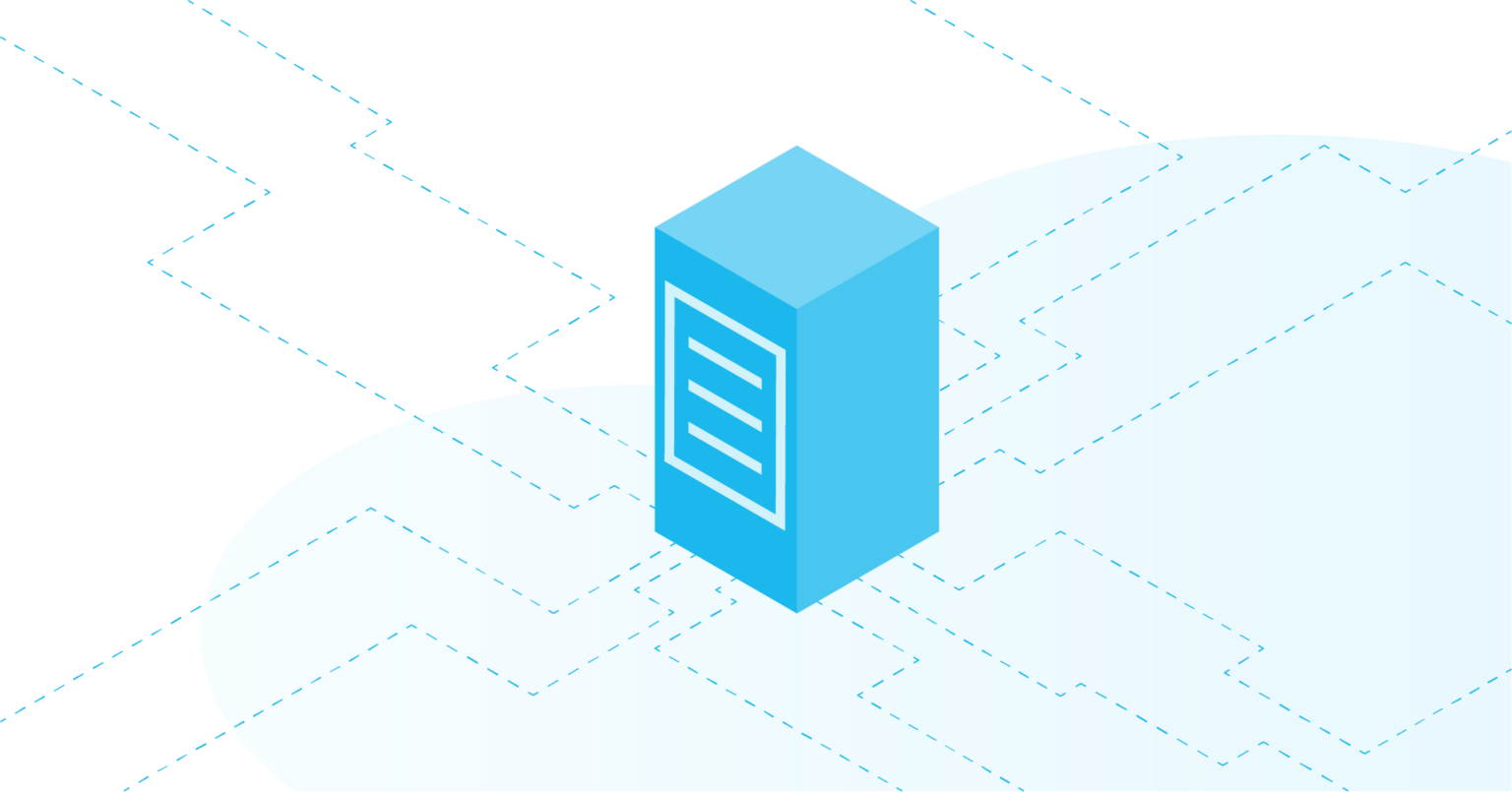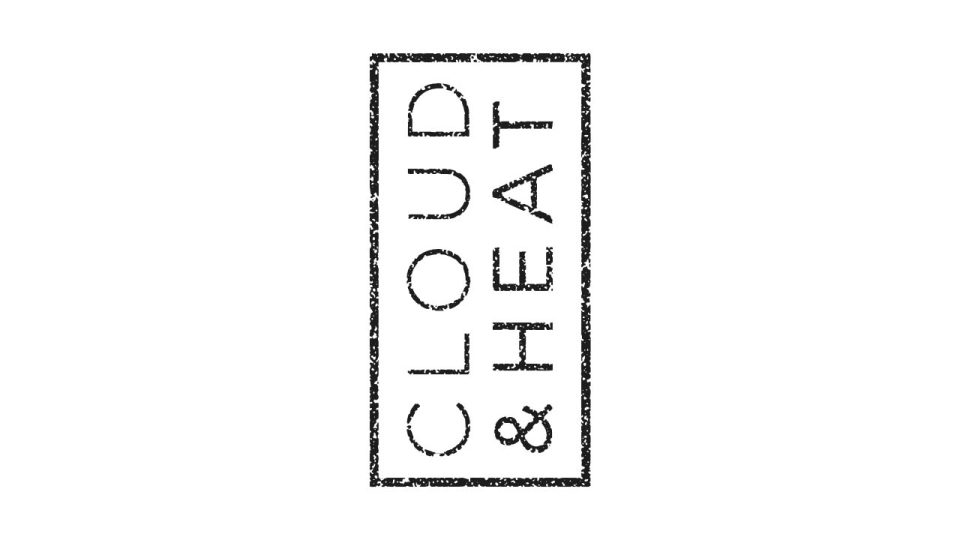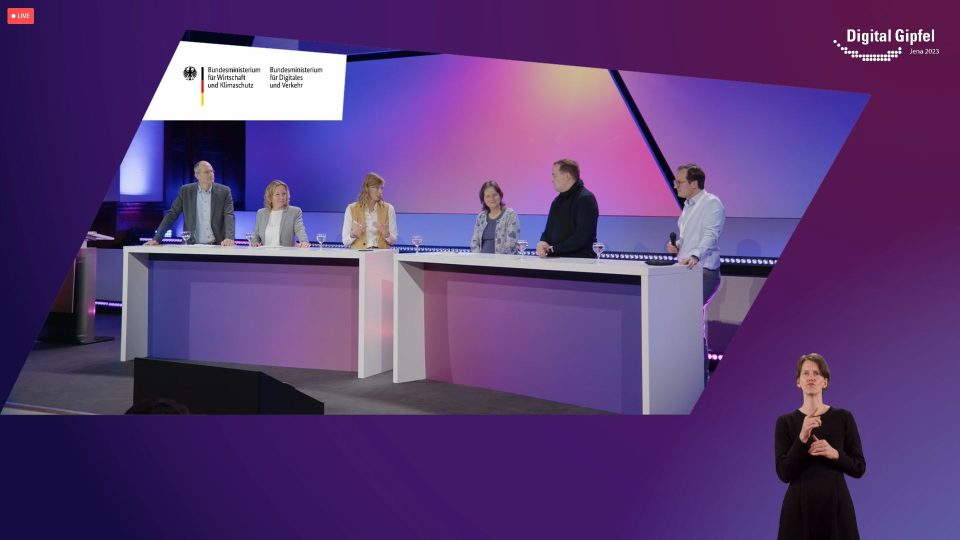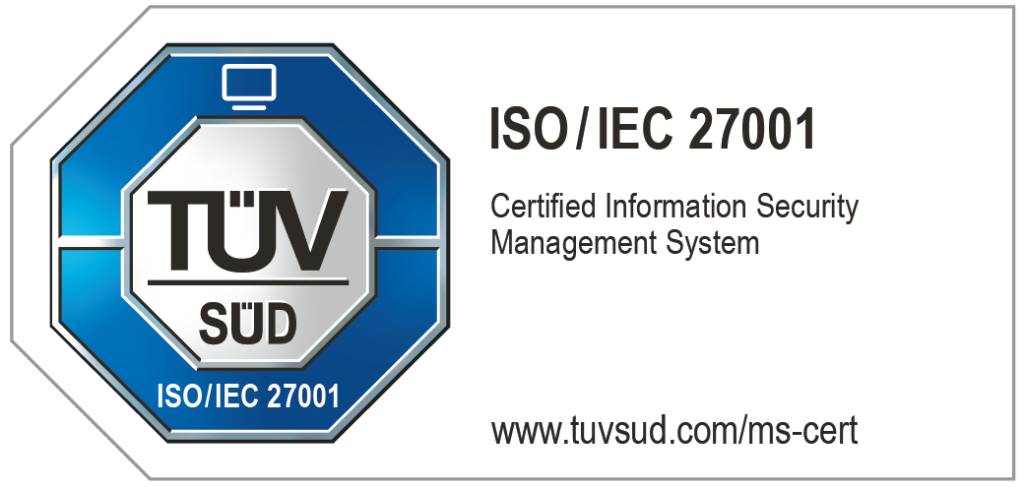Gamescom 2019
Dresden, 19 August 2019. Although the gaming industry is now larger than the film and industry together, the topic of sustainability is hardly ever discussed within the scene. attention. But the rising popularity of video games worldwide is equally increasing the CO2 emissions and thus pollutes the environment. Yet there are already solutions from the field of Green IT to make gaming more ecological.
The development of the past years proves: gaming is a mass phenomenon and independent of the age group. In Germany alone, more than 34 million men and women play games occasionally or regularly, according to the German Games Industry Association. Worldwide, the computing load in this area is increasing rapidly: according to forecasts, the data volume from online gaming alone is expected to quadruple to around 180 exabytes (180 billion gigabytes) annually by 2022.
Despite the strong growth of the gaming market worldwide, the aspect of sustainability and the need for suitable IT infrastructures is hardly discussed. Even during the Gamescom 2019 gaming trade fair (20 to 23 August in Cologne), the topic is virtually absent.
In the process, the increasing computing needs in the areas of game production, delivery and data storage are increasing power consumption and thus environmental impact. A study shows that PC gamers alone consumed an estimated 75 billion kilowatt hours (kWh) of electricity worldwide in 2015. Adjusting this figure for growth within the PC gaming community, annual electricity consumption is currently between 90 and 100 billion kWh- with a rapidly rising trend. And then there is the energy demand for consoles and smartphone games.
The gaming market is growing ... and so is the environmental impact
Advances in network technology such as the 5G mobile standard and WiFi 6 (WLAN-ax) also contribute to this. Especially the current gaming trends eSports, virtual and augmented reality, mobile gaming and especially cloud gaming services (Google Stadia, GeForce Now, PlayStation Now
& Co.) are driven by this. The use of game streaming services, where most of the computing power is shifted to external servers, increases power consumption by up to 60 percent (desktop PCs) or 300 percent (laptops). This circumstance requires energy-efficient and
sustainable IT infrastructures, for example in the area of edge computing.
"Considering the rapid growth of the gaming industry and the increasing importance of climate protection in society, there is no way around sustainable IT infrastructures for the gaming industry. Our favourite hobbies also need to be designed in an environmentally friendly way," says Nicolas Röhrs, managing director and co-founder of Cloud&Heat Technologies. The Dresden-based green IT company offers holistic solutions that enable secure processing of data in the cloud and are designed to be sustainable at the same time: An innovative hot water direct cooling system enables the waste heat from data centres to be re-used for heating buildings and connecting to district and local heating networks. In addition to cooling and heating costs, the water cooling technology from Cloud&Heat reduces CO 2 emissions by up to 557 tonnes per year in the data centre of the Frankfurt high-rise building Eurotheum, for example - the equivalent of about 80 football fields of forest.




